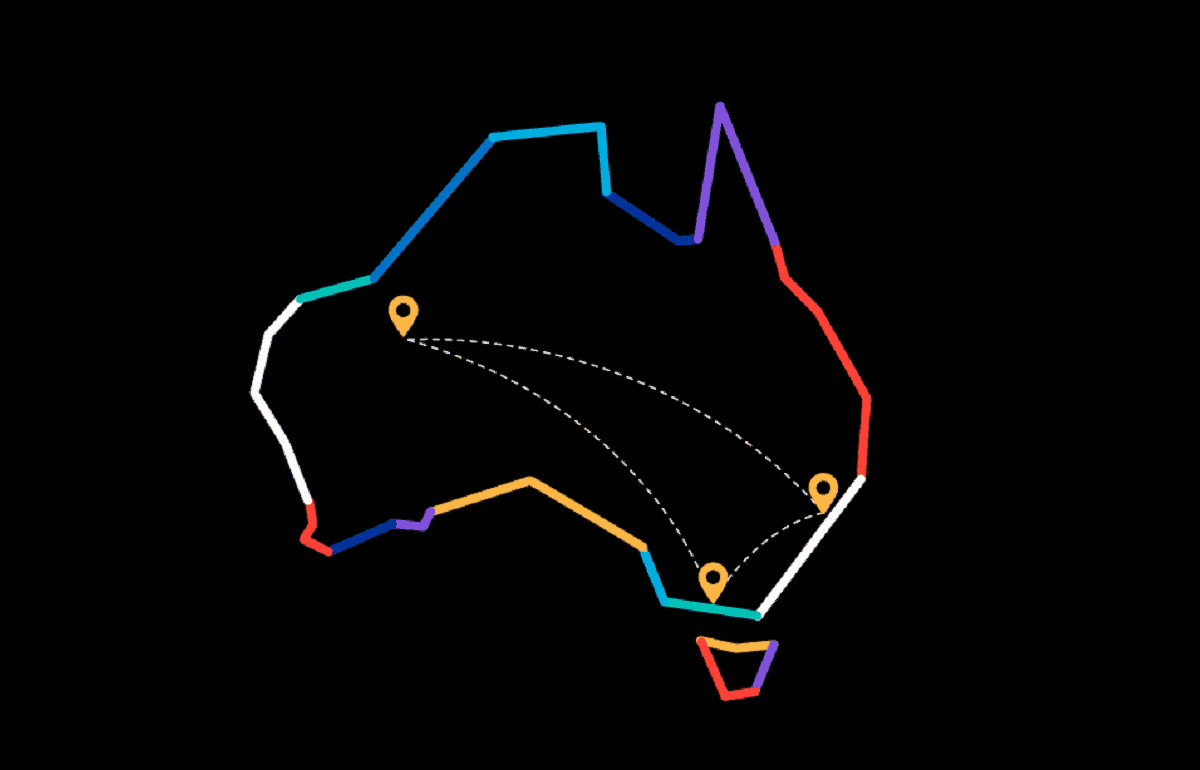Microsoft offers myth-busting FAQ on anti-Google Australian news tax

Microsoft has turned into one of the most ardent advocates for the proposed Australian media code, which would see Google and Facebook pay news publications a share of their profits.
The proposal has been called a link tax which would break the internet, but Microsoft insists funding newspapers is important for the health of democracy and fighting fake news.
The company has now published a 5-point FAQ busting some of the myths surrounding the proposal, with Microsoft saying about the proposed Australia Media Code:
- It levels the playing field between news publishers and Google and Facebook
- For the first time, under the code smaller news publishers will be able to join together and collectively negotiate a fair share of the billions of dollars Google and Facebook make from using their content.
- News publishers will be paid a fairer share o the revenue their content helps generate.
- The current bill doesn’t include a pay-per-link model and it won’t “break the internet.” While early discussions included such ideas, they were dropped long ago. The current proposal instead requires that tech gatekeepers pay a fair price for news by requiring that they compensate publishers based on the benefits they derive from including news content on their platforms.
- The proposal requires negotiations between tech gatekeepers and publishers and arbitration if those negotiations reach an impasse. An arbitral panel can then make a final determination based on an assessment of the benefits derived by each side in having the news content included on these platforms, the costs of producing this content, and any undue burden an amount would place on the platforms themselves.
- All this is important because today Google and Facebook control about 81 cents of every dollar of digital advertising in Australia.
- It benefits smaller and independent news publishers.
- There is a relatively low threshold to participate. Any Australian news publisher making at least $150,000 per year can register for payments by Google and Facebook – that’s an estimated 100 to 200 publishers, including local and independent news publishers.
- News publishers will know when a change is made that will impact the discoverability of their news content.
- How news content is shown or ranked in search results and on social media feeds can impact how many people visit the site, sometimes by as much as 50%. If Google or Facebook want to make a change, the “dominant purpose” of which is to change the distribution of content and “the change is likely to have a significant effect on the referral traffic to covered news content,” they need to give news publishers advance notice.
- It prevents retaliation against news companies for trying to get a fair deal.
- Another way the playing field is leveled is by preventing Google and Facebook from discriminating against news publishers or their content based on whether they are registered to participate under the code or how much they get paid.
Conceptually it is easier to think of the proposal as a tax on Google and Facebook, similar to the TV License in UK, where TV owners have to pay a £157.50 tax per year to support public access TV and news. In this case, the tax is being directed to trillion-dollar companies rather than the citizens of the country, and the benefit would be spread wider than simply the state publisher.
The FAQ does not address concerns that the proposal would fund newspapers which are equally involved in spreading fake news as Moldovian content farms and that it would place the power to decide which news outlet succeeds or fails in the hand of the government rather than the market.
Is Microsoft convincing our readers to support the proposal, which Microsoft believes should roll out worldwide? Let us know below.
Read our disclosure page to find out how can you help MSPoweruser sustain the editorial team Read more




User forum
0 messages